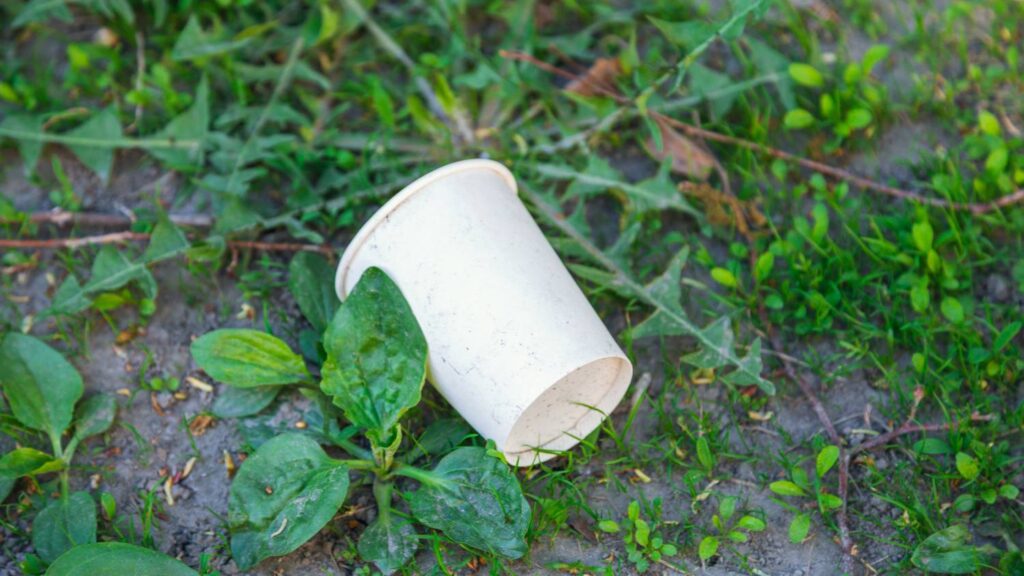Designing the Next Generation of Sustainable Packaging

Project Title
Design and Engineering of the Next Generation of Sustainable Multilayer Packaging from Wood: An Integrated Experimental-Computational Research Project
Project Description
There is an urgent need to move away from the conventional consumption model of “take-make-dispose” and to adopt a more sustainable and circular bioeconomy with the adaptation of renewable feedstocks and with more prevention, reuse and recycling of plastics. Wood and agricultural crop residues have the potential to become the basis of renewable and sustainable materials, such as the next generation of fully biodegradable and/or recyclable packaging. This project will advance the commercialization of forest and agricultural resources as raw materials for the development of high-value-added food packaging with improved properties and new functionalities to replace single-use plastics.
Principal Investigators
Nathalie Lavoine
Melissa Pasquinelli
Expected Outcomes
North Carolina is well-positioned to be a leader in this space due to its natural resources, including its forests and agriculture. With 60% of the state’s land cover being comprised of forests located in mostly rural regions, these advancements will bolster the economies of rural communities.
- Development of a machine learning platform to enable the manufacturing and engineering of sustainable packaging and to accelerate the transition from concept to market-ready products.
- Increased foundational knowledge of the scientific community on the potential of renewable resources for bio-based products engineering.
- Engineering of the first packaging prototype made of 100% renewable resources.
Research Methods
- Creating a database of structures and properties of renewable resources from published literature.
- Devising a nanoscale modeling framework to predict the performance of renewable resources for sustainable packaging development.
- Testing and validating the prediction models by experimental studies.
- Refining prediction models through an iterative process to further develop them to different packaging systems.
A McIntire-Stennis supported project
About McIntire-Stennis
The McIntire-Stennis program, a unique federal-state partnership, cultivates and delivers forestry and natural resource innovations for a better future. By advancing research and education that increases the understanding of emerging challenges and fosters the development of relevant solutions, the McIntire-Stennis program has ensured healthy resilient forests and communities and an exceptional natural resources workforce since 1962.